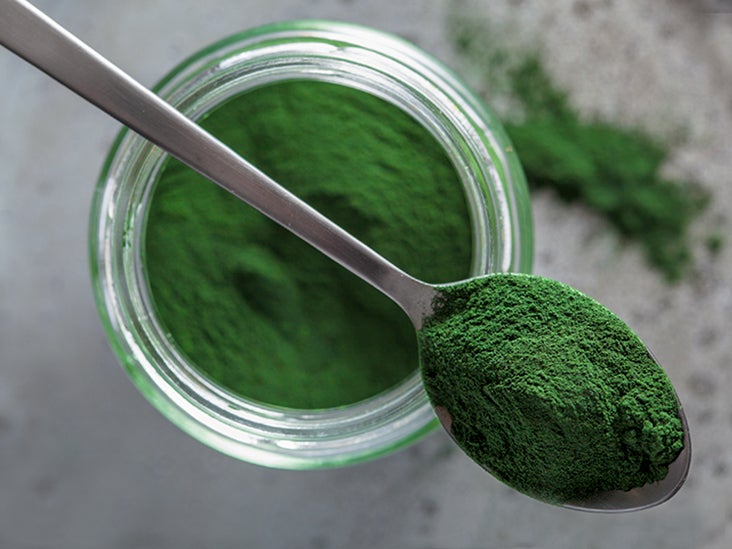July 2019
Aiko Jin
The only thing standing between you and your overall well-being is your immune system. This protective network of cells and organs help to keep our bodies functioning properly.
There are lots of steps we can take to improve our immunity and stay healthy: wash our hands, get enough rest, and eat foods that support immunity like ginger, sauerkraut, and shitake mushrooms.
Another immune supporting superfood is a freshwater single-celled algae known as Chlorella Pyrenoidosa. Like every other cell in our body, the cells that make up our immune system benefit from good nutrition, and chlorella is one of the best sources of nutrition to build our defenses.
Chlorella is rich in nucleic acids vitamins (like D and B12), minerals (like iron), as well as other health-promoting constituents unique to this plant.
Dr. Randall Merchant, a professor of anatomy and neurosurgery at Virginia Commonwealth University has conducted several clinical investigations on chlorella. Some of Merchant’s double-blind, placebo-controlled clinical research finds that daily consumption of chlorella can support and enhance immune function.
So what makes chlorella such a good immune booster? One theory points to a special nucleic acid complex found in the plant called chlorella growth factor or CGF. For the chlorella plant, this unique feature allows it to grow fast. Passed on to your own cells, CGF can deliver key nutrients for healthy cellular regeneration and repair.
Studies have found that chlorella consumption can improve several aspects of the immune system, such as mucosal immunity and enhanced Th1 immune response.
A small preliminary study found that heavy exercise may decrease salivary SIgA secretion, an important component in maintaining immune health. But athletes who take chlorella, may be able to stay in the game.
In the study, female athletes were given either a placebo or chlorella for four weeks before a five-day training camp. The athletes who took chlorella maintained their sIgA levels throughout the training camp. The placebo group saw significant reductions in sIgA levels.











